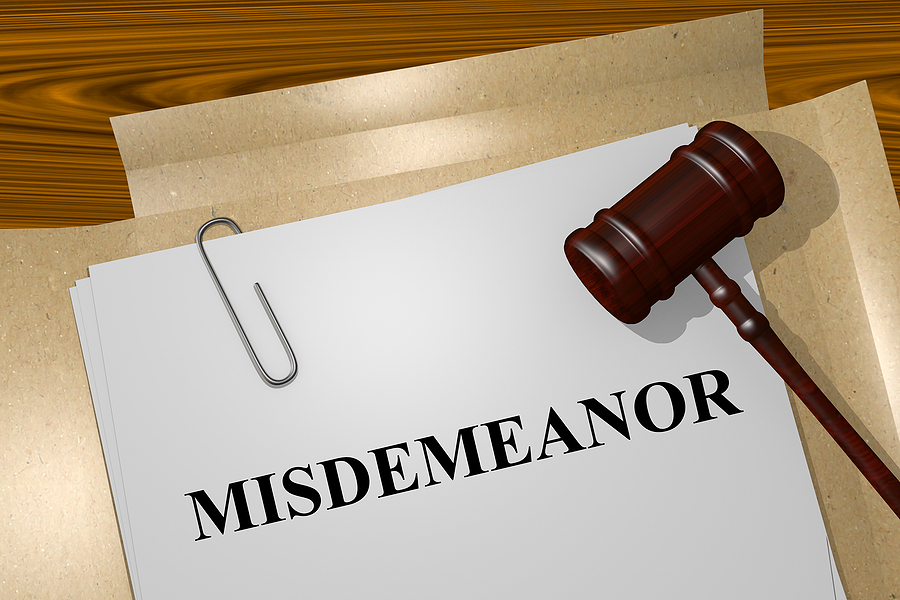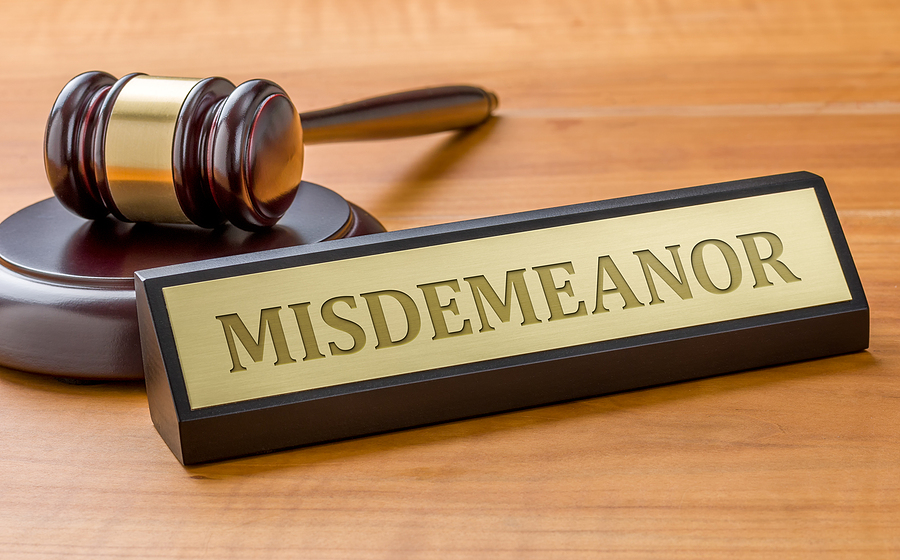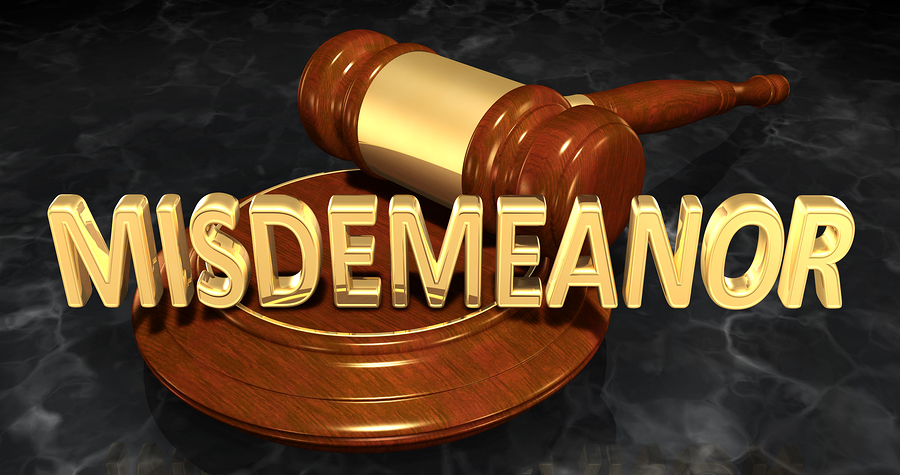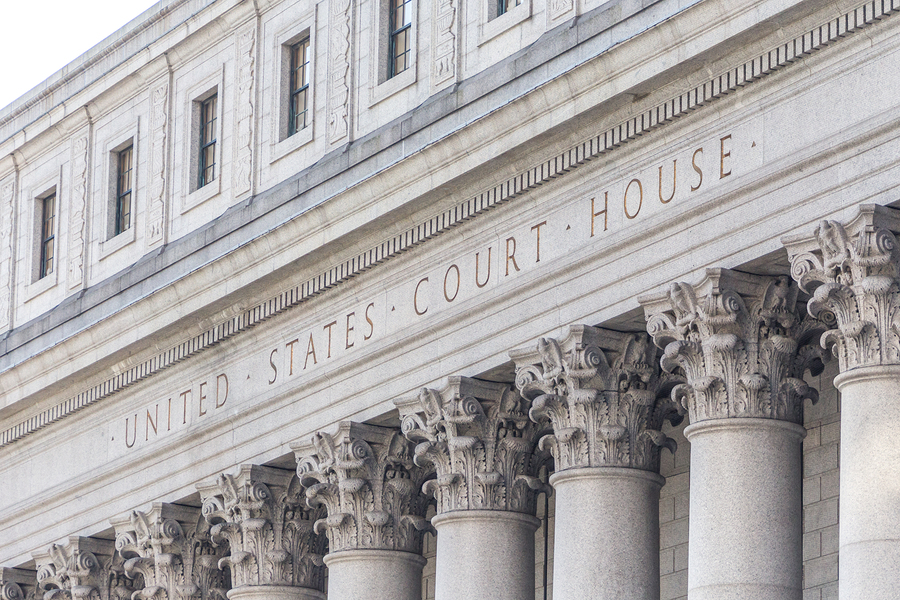Facing harassment charges can feel overwhelming, especially when you’re uncertain about your legal rights and the potential consequences ahead. Whether the allegations stem from a misunderstood conversation, workplace dispute, or personal conflict, harassment charges in Indiana carry serious implications that extend far beyond the immediate legal proceedings.
Understanding Indiana’s harassment laws is crucial for anyone navigating these charges. Many people mistakenly believe harassment accusations are minor legal matters that will resolve themselves. This misconception can lead to devastating consequences, including criminal convictions, damaged reputations, and long-term impacts on employment and personal relationships.
If you’ve been arrested for harassment in Indianapolis, taking immediate action to protect your rights is essential. The legal system moves quickly, and early decisions can significantly influence your case’s outcome. This guide will help you understand harassment laws in Indiana, explore potential penalties, and outline the critical steps you should take to defend yourself effectively.
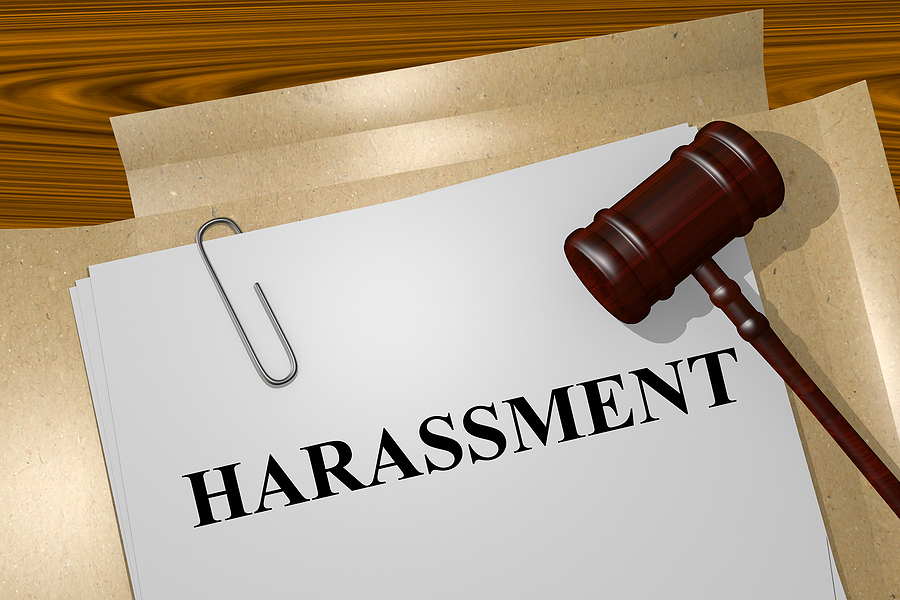
Understanding Harassment Laws in Indianapolis
Indiana’s harassment laws are comprehensive and cover various behaviors that many people don’t realize constitute criminal offenses. According to Indiana Code 35-45-2-1, harassment occurs when someone, with intent to harass, annoy, or alarm another person, engages in conduct directed toward that person that would cause a reasonable person to feel frightened, threatened, or intimidated.
The legal definition extends beyond physical actions to include verbal communications, written messages, and electronic communications. Under Indiana Code 35-45-2-1(a)(1), harassment involves intent to harass, annoy, or alarm, which means prosecutors must prove you acted with specific intentions rather than accidentally causing distress.
Common scenarios leading to harassment charges in Indianapolis include workplace conflicts that escalate beyond professional disagreements, domestic disputes where emotions run high, and online interactions that cross legal boundaries. Even seemingly minor actions, like prank calls, when repeated or conducted with harassing intent, can result in criminal charges.
Types of Harassment Charges in Indiana
Verbal Harassment
Verbal harassment encompasses threatening language, repeated unwanted communications, and intimidating statements made in person or over the phone. This category often overlaps with intimidation charges when threats are involved.
Physical Harassment
Physical harassment includes unwanted touching, blocking someone’s path, or engaging in physically intimidating behavior. While it doesn’t require actual violence, the threat of physical harm can elevate charges significantly.
Stalking and Continuous Harassment
When harassment involves repeated following, surveillance, or persistent unwanted contact, it may escalate to stalking charges under related Indiana statutes. Stalking carries more severe penalties and often involves protective orders.
Cyberbullying and Online Harassment
Electronic harassment through social media, text messages, emails, or other digital platforms is increasingly common. Many people underestimate the seriousness of online harassment charges, assuming digital communications are less significant than in-person interactions.
Potential Penalties for Harassment Convictions
Under Indiana Code 35-45-2-1(b), harassment is classified as a Class B misdemeanor, which carries substantial penalties that can impact your life for years. A Class B misdemeanor conviction can result in up to 180 days in jail and fines reaching $1,000.
Beyond immediate criminal penalties, harassment convictions create permanent criminal records that appear in background checks. This can affect employment opportunities, housing applications, professional licensing, and educational prospects. Many employers, landlords, and licensing boards view harassment convictions seriously, regardless of the underlying circumstances.
Additional consequences may include court-ordered counseling, community service, and protective orders that restrict your movements and communications. Protective orders can prevent you from contacting the alleged victim, visiting certain locations, and may impact child custody arrangements in family law cases.
Contact Us for a Free Criminal Defense Review ⚖
Critical Steps to Take After a Harassment Arrest
Exercise Your Right to Remain Silent
Anything you say to law enforcement can be used against you in court. Politely decline to answer questions without an attorney present, even if officers suggest cooperation will help your case. Well-meaning statements often become evidence against defendants.
Document Everything
Preserve all communications, witness information, and evidence related to the alleged harassment. This includes text messages, emails, social media interactions, and any documentation that provides context for your actions or contradicts the allegations.
Avoid Contact with the Alleged Victim
Even innocent attempts to resolve the situation or apologize can be construed as continued harassment. Any contact with the alleged victim, whether direct or through third parties, can worsen your legal situation and potentially result in additional charges.
Seek Legal Representation Immediately
The complexity of harassment cases requires experienced legal guidance from the outset. An Indianapolis criminal defense lawyer can protect your rights during questioning, negotiate with prosecutors, and develop defense strategies tailored to your specific circumstances.
The Importance of Hiring a Local Indianapolis Attorney
Local attorneys possess invaluable knowledge of Indianapolis courts, prosecutors, and legal procedures that can significantly impact your case outcome. The Law Office of David E. Lewis brings assertiveness, knowledge, and experience to fight for your rights and gain better outcomes in Indiana courts.
Our proficiency stems from hard-earned, hands-on experience representing clients over several years, not just academic knowledge. When facing harassment charges, you need competent and caring hands guiding your defense strategy from arrest through resolution.
Indianapolis attorneys understand local prosecutorial tendencies, judicial preferences, and court procedures that out-of-state or inexperienced attorneys might overlook. This local knowledge often proves decisive in negotiations and trial strategies.
How an Attorney Can Help Defend Against Harassment Charges
Case Investigation and Evidence Analysis
Criminal defense lawyers conduct thorough investigations to uncover evidence supporting your defense. This includes interviewing witnesses, analyzing electronic communications, and identifying inconsistencies in the prosecution’s case.
Negotiating with Prosecutors
Experienced attorneys can negotiate reduced charges, alternative sentencing options, or case dismissals based on evidence weaknesses or procedural violations. Many harassment cases resolve through plea negotiations that minimize long-term consequences.
Courtroom Advocacy
If your case proceeds to trial, skilled criminal defense representation is essential. Attorneys understand evidence rules, cross-examination techniques, and legal arguments that can create reasonable doubt about your guilt.
Common Defenses Against Harassment Charges
Lack of Intent
Since harassment requires specific intent to harass, annoy, or alarm, demonstrating your actions lacked harassing intent can be an effective defense. Evidence showing legitimate purposes for your communications or actions supports this defense strategy.
First Amendment Protections
Some harassment charges involve protected speech under the First Amendment. Attorneys can argue that your communications, while perhaps unwelcome, constitute protected expression rather than criminal harassment.
False Allegations
Unfortunately, harassment charges sometimes arise from false or exaggerated accusations. Defense strategies may focus on exposing inconsistencies in the alleged victim’s statements, demonstrating bias or motivation to lie, or presenting evidence contradicting their claims.
Self-Defense
When harassment charges stem from physical altercations, self-defense may justify your actions. This defense requires proving you reasonably believed force was necessary to protect yourself from imminent harm.
Addressing Common Misconceptions
Many people believe harassment charges are minor legal matters with minimal consequences. This dangerous misconception leads to inadequate legal preparation and poor decision-making that can result in convictions and long-term consequences.
Another common misconception suggests only physical harassment constitutes serious criminal offenses. Indiana law treats verbal, written, and electronic harassment seriously, with identical penalties regardless of the communication method used.
Some individuals believe harassment charges are easily dismissed without legal representation. While some cases do get dismissed, this typically results from skilled legal advocacy identifying procedural violations, evidence problems, or constitutional issues that laypeople cannot recognize or effectively argue.
Your Rights and Legal Options
Understanding your rights is fundamental to mounting an effective defense. You have the right to remain silent, the right to legal representation, and the right to challenge evidence against you. These rights protect you throughout the legal process, but only if you exercise them properly.
Legal options may include fighting the charges at trial, negotiating plea agreements, or seeking case dismissal based on legal defenses. The appropriate strategy depends on your specific circumstances, the strength of the evidence, and your long-term goals.
Key Points
Harassment charges in Indianapolis require immediate, professional legal attention to protect your rights and minimize potential consequences. The legal system doesn’t wait for you to understand its complexities, and early mistakes can have lasting impacts on your case outcome.
Don’t let harassment charges derail your future when experienced legal help is available. Call Attorney David E. Lewis for immediate legal assistance. Your freedom, reputation, and future depend on the decisions you make now. Let our experienced criminal defense team guide you through this challenging time and work toward the best possible outcome for your case.
Related Post: Facing Harassment Charges in Indiana? What Every Defendant Should Know



